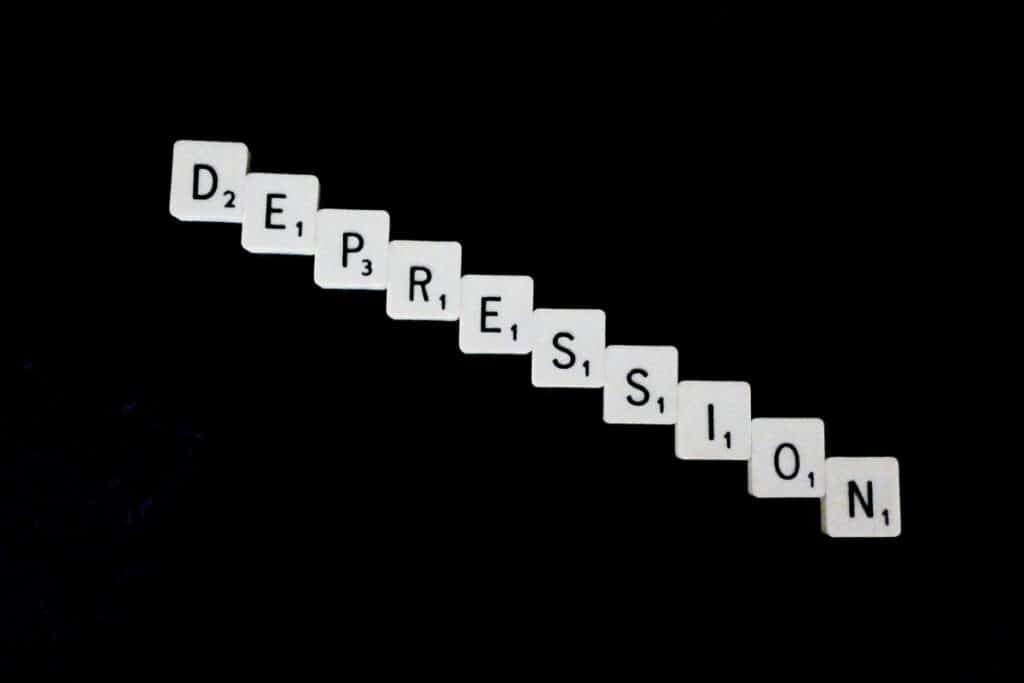Bipolar Disorder
It can run in families. Some members of a family may suffer from mood disorders, but it does not guarantee that if you have a family history of mood disorders you will develop them.
It is often misdiagnosed.
Bipolar disorder can appear alongside depression and other mental illnesses. It can also manifest itself without any apparent reason. Bipolar disorder can cause extreme happiness or extreme sadness, and can also include aspects of both personality traits. Unlike other mental illnesses, bipolar disorder cannot be cured and will remain a manageable illness for some time.
It is not intended to be a definitive list of symptoms for bipolar disorder. As there are many other possible symptoms and Differences are sometimes as wide as a mountain. The purpose of this article is to help to share information.

Bipolar disorder can have many causes. Is depression or an illness a cause? That is still up for debate. Some doctors believe that a poor diet, substance abuse, or a history of depression can cause bipolar disorder.
Another cause is a genetic link. Some research has suggested that if either one of your parents or both have bipolar disorder, you will likely get it too. But it also points to the fact that most genetics will not produce a person with bipolar disorder, so it is a possibility that either one or both of your parents could have it.
Bipolar disorder can begin as early as age 15 with depressed mood and aggressive behavior. It was once thought that these symptoms started in young adulthood, but recent studies have shown that they can start at any age. About 1/3 of all young people with bipolar disorder have not had a mood disturbance in the years before their first mood swing.
Another cause has been found to be bronchitis. This is an infection that causes inflammation to the bronchi and can cause beta-options as well. This can cause the person to have rapid mood swings with periods of intense depression and mania. Bronchitis can cause the same or similar rashes to occur in the face or elsewhere, sometimes with a fever, and sometimes with gastrointestinal symptoms. It also makes your mouth dry, painful to the touch and makes swallowing difficult.
One of the most common symptoms is a period of impotence. Although many women have heard of jellyfish and fish that can cause impotence, it is more likely to be related to bpv or the development of the nervous system. Young people can develop impotence, and it seems to be more often women than men.
Although the cause of the bipolar disorder is not known, a few different risk factors are known. Anyone with a family history of mood disorders, high-stress jobs, alcohol or drug abuse, or a history of depression is likely to develop this illness. Bipolar disorder can also be increased by a stressful lifestyle, lack of sleep, a poor diet, or other environmental toxins.
The most important risk factor is age. It seems to start most strongly with age 30, and it runs in waves through the latter half of life. Those who are under good long-term health habits seem to have a relatively lower risk of developing bipolar disorder. But they are also at higher risk for other diseases and have to deal with stresses that are constant and pervasive.
A good diet is also highly important. Bipolar disorder may be stronger in people who do not eat a diverse, healthy diet. In one study, diets that included large amounts of sugar, refined carbohydrates, starches, and fatty foods, were found to increase the risk of developing bipolar disorder. It is important to eat a diversity of foods, including plenty of fruit, vegetables, nuts, and whole grains. It is important to keep caffeine, tobacco, and alcohol consumption down or to quit altogether.
Furthermore, many people with bipolar disorder are under medication treatment. Antidepressants should be prescribed only in select circumstances and must be carefully monitored. It is difficult to pinpoint the triggers of mood changes, and patients must be prepared for periods of depression if they are deemed necessary.
Other important factors include family history, likely stress, job satisfaction, status, beliefs, and life events. Bipolar disorder can be a life-long illness and may continue without appropriate treatment. Poor social skills, neglect, abuse, or disappointments may make the illness worse. Dis optimism, frequent attempts to avoid hurt, poor diet, or other stresses, and other life events may increase the risk for the illness. These factors must be considered in planning treatment methods.